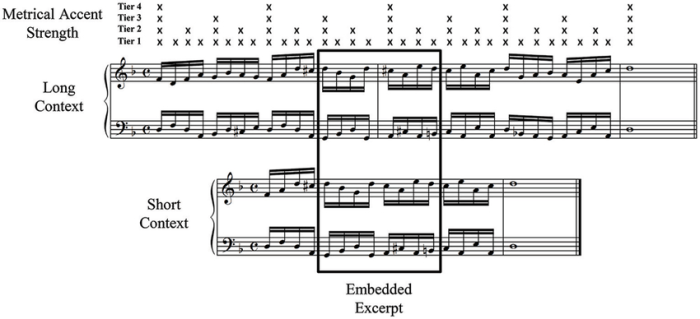Neither do i condemn thee lyrics – Beginning with the poignant lyrics “Neither do I condemn thee,” this song delves into a profound journey of understanding, forgiveness, and the transformative power of grace. As we traverse through its verses and choruses, we uncover the significance of these words within the context of the story and their enduring impact on our hearts and minds.
This exploration unravels the biblical and historical roots of the phrase, tracing its origins and examining its interpretations throughout the ages. We delve into the literary and artistic expressions inspired by these lyrics, revealing their timeless relevance and the profound emotions they evoke.
Neither Do I Condemn Thee: Context and Meaning: Neither Do I Condemn Thee Lyrics

The lyrics “neither do I condemn thee” appear in the song of the same name by American singer-songwriter Van Morrison. The song is based on the biblical story of Jesus’ encounter with the woman caught in adultery, as told in the Gospel of John (8:1-11).
In the story, Jesus refuses to condemn the woman, despite the fact that she has been caught in the act of adultery. Instead, he tells her to “go and sin no more.” The lyrics of the song reflect Jesus’ message of forgiveness and redemption, and they have been interpreted in a variety of ways by listeners and critics.
The literal meaning of the lyrics “neither do I condemn thee” is that Jesus does not condemn the woman for her sin. However, the lyrics also have a deeper meaning, which is that Jesus offers her forgiveness and redemption. Jesus’ message is one of hope and forgiveness, and it is a message that has resonated with people for centuries.
Biblical and Historical Context
The phrase “neither do I condemn thee” has its origins in the biblical story of Jesus’ encounter with the woman caught in adultery. In the story, Jesus is brought before a group of Pharisees who have caught a woman in the act of adultery.
The Pharisees ask Jesus if the woman should be stoned to death, as the law of Moses prescribes. Jesus responds by writing in the sand, and then he says to the Pharisees, “Let him who is without sin among you be the first to throw a stone at her.”
The Pharisees are unable to condemn the woman, and they all leave. Jesus then turns to the woman and says, “Neither do I condemn thee; go and sin no more.”
The phrase “neither do I condemn thee” has been interpreted in a variety of ways throughout history. Some people believe that Jesus’ words are a sign of his compassion and forgiveness. Others believe that Jesus’ words are a warning to the Pharisees, who are quick to judge others but are unwilling to examine their own sins.
Still others believe that Jesus’ words are a message of hope and redemption for all people, regardless of their past sins.
Literary and Artistic Interpretations, Neither do i condemn thee lyrics
The phrase “neither do I condemn thee” has been used in a variety of literary and artistic works. For example, the phrase is used in the title of a poem by William Blake, and it is also used in the lyrics of a song by Leonard Cohen.
The phrase has also been used in a number of films and television shows.
The phrase “neither do I condemn thee” has been interpreted in a variety of ways in literature and art. Some works have used the phrase to explore themes of forgiveness and redemption, while others have used the phrase to explore themes of judgment and hypocrisy.
The phrase has also been used to explore the nature of sin and the human condition.
Personal and Spiritual Significance
The phrase “neither do I condemn thee” has a personal and spiritual significance for many people. The phrase is often used as a reminder that God is a God of love and forgiveness. The phrase can also be used as a reminder that we should not judge others, but should instead offer them our compassion and forgiveness.
The phrase “neither do I condemn thee” can be a powerful source of comfort and hope for people who are struggling with sin or guilt. The phrase can also be a reminder that we are all sinners, and that we all need God’s forgiveness and redemption.
Commonly Asked Questions
What is the significance of the phrase “Neither do I condemn thee”?
In the context of the song, it represents a profound act of compassion and understanding, where judgment is replaced with empathy and the possibility of redemption.
How have these lyrics been interpreted in different artistic mediums?
The lyrics have inspired countless works of art, literature, and music, each expressing the unique emotions and themes evoked by the phrase.
What is the personal and spiritual significance of these lyrics?
Many people find solace and inspiration in these lyrics, using them for self-reflection, seeking forgiveness, and finding redemption.

